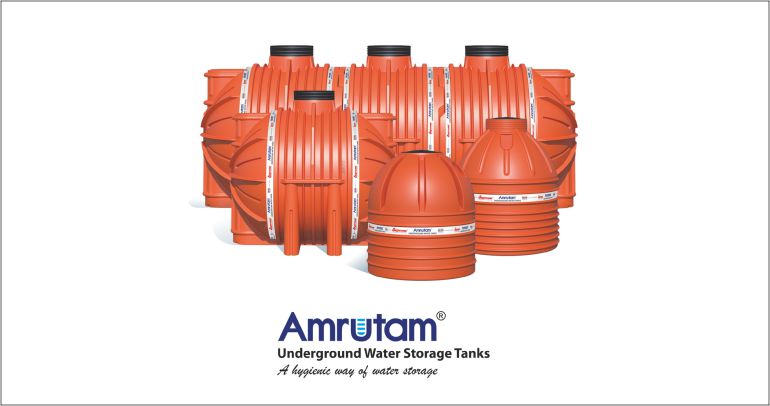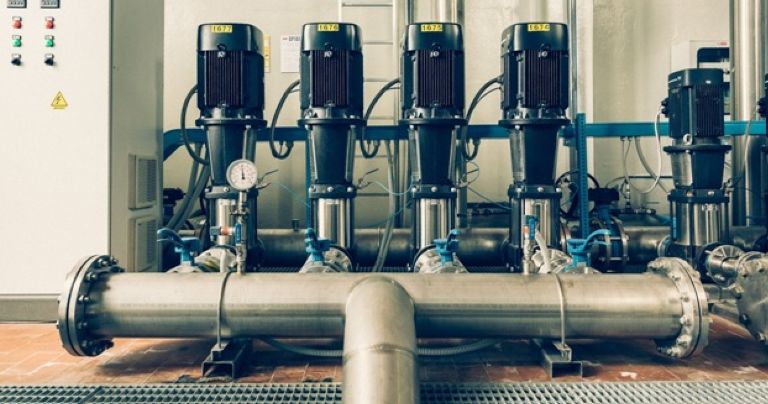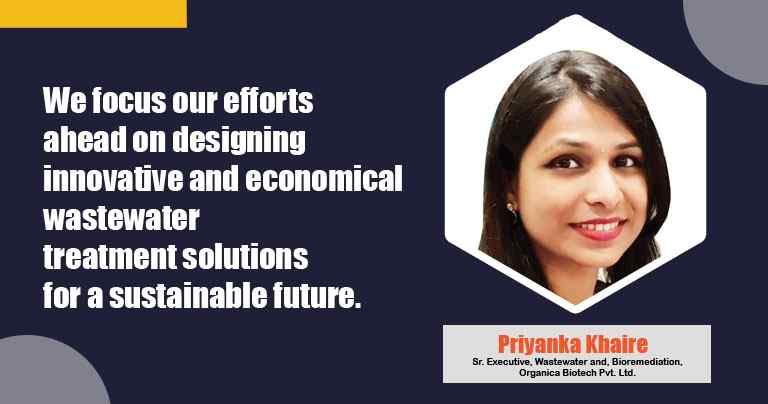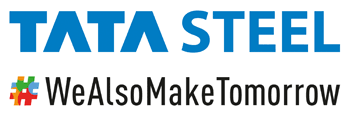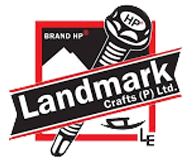Optimising performance in industrial wastewater treatment
By Edit Team | May 7, 2015 5:45 am SHARE

This article illustrates how an integrated wastewater-treatment system, with different types of equipment working hand-in-hand — specifically metering and peristaltic (hose) pumps, and polymer makedown systems — can be used in a straight-line treatment process. This delivers the cost-effective and efficient way to treat industrial wastewater, all while making it safe for disposal or reuse in any number of additional activities
The challenge
Most of the water used or produced in industrial applications contains some level of solid particles. It goes without saying that these particles should not be consumed, but particle-laden water also can’t be used, for example, in a boiler that provides steam to a turbine during power generation, lest the turbine become fouled and damaged.
Recognising the presence of particulates in water and successfully removing them, are two different things. Some of the particles—which can be anything from bacteria and plant material to dirt or minuscule pieces of crushed stone—are so small that their response to gravity is very low. In other words, they don’t fall through water at a consistent rate because their mass is so small and not impacted by gravity. This means that it may take many hours, days or even weeks for the particles to settle as little as a foot. This is an unacceptable, and unpredictable, settling rate for a water or wastewater treatment system, so the particles need some help in settling or clumping.
To speed along the settling or clumping process, the water treatment facility must turn to the introduction of a coagulant or flocculant that helps the tiny particles clump together in a mass that is called a “floc,” which is easier to remove. Two of the more popular types of coagulants/flocculants that are used in water and wastewater treatment are:
Alum: Alum or hydrated potassium aluminium sulphate is being used since Roman times to aid in the purification of drinking and industrial-process water. Alum coaxes negatively charged colloidal particles to clump together so they will be able to be more easily removed from settling basins.
Ferric chloride: Another name for Iron (III) chloride, ferric chloride undergoes hydrolysis when dissolved in water, which gives it the ability to sufficiently form suspended solid particles into flocs.
While quite effective in creating flocs, the flocs that are formed by alum and ferric chloride are held together rather loosely, which means that they can break apart if agitated as they settle in the clarifier or settling basin. Eliminating this break-up potential requires the introduction of a polymer solution that helps form more efficient flocs. The polymer takes the neutralised solid particle clumps and binds them together more tightly.
The clumps that settle in the basin form a material that is called sludge. The use of alum by itself leads to the generation of a large amount of sludge; the introduction of polymer helps further coagulate the sludge. However, the sludge that is produced still needs to be removed and disposed of. Accumulated sludge can be collected and sent away to someplace like a centrifuge, or just piled up on the ground outside the water treatment facility, allowed to dry and then removed via front-end loader and dump truck.
Removing the sludge from the water requires a pump that can run dry and won’t be bothered by abrasive materials. In other words, a pump that has the capability to take whatever flows into it—no matter its makeup — and deliver it out the discharge side in that same form.
The solution
Industrial water or wastewater treatment, then, is a three-stage process that must work hand-in-hand: initial floc formation with alum and ferric chloride, clump strengthening with polymer, and removal and disposal of the sludge. Not all manufacturers of wastewater treatment equipment are able to offer full lines of pumping and polymer-blending technology for the required water treatment applications.
However, Oakbrook Terrace, IL, USA headquartered PSG, a Dover company, does feature full lines of pumping and polymer-blending technology for industrial water or wastewater treatment applications. Specific water-treatment technology from PSG includes:
Neptune 7000 Series mechanical metering pumps
Ideal for dosing alum and ferric chloride, these mechanically actuated pumps eliminate the use of contour plates on the liquid side of the diaphragm, resulting in a simple, straight-through valve and head design that allows improved flow characteristics. They have been designed to handle clear liquids with viscosities ranging from water-like to 5,000 cPs, making them ideal for use in industrial water and wastewater treatment applications. The capacity of the 7000 Series pumps is manually adjustable via micrometer dial while the pump is running. This allows the pump to produce flow rates ranging from10 gph to 450 gph (38 L/hr to 1,710 L/hr) at head pressures up to 150 psi (10 bar). The pump’s liquid ends are constructed of PVC, 316 stainless steel or Kynar. Wash down duty and explosion proof motors, as well as variable frequency drive options, are also available. The pumps are also self-priming.
Fluid Dynamics dynaBLEND liquid polymer blending systems
Fluid Dynamics, which is a division of Neptune, has designed the dynaBLEND with a non-mechanical mixing chamber that allows it to deliver an unequalled degree of reliability when activating all types of liquid polymer for use in water or wastewater treatment. The system’s injection check valve has been designed with easy disassembly and inspection in mind, eliminating a maintenance concern that troubles other systems. These features allow the dynaBLEND to apply ultra-high mixing energy at the point of initial polymer and water contact to prevent polymer gelling and agglomeration. The prolonged turbulence that the dynaBLEND process creates allows the polymer to complete the blending process gently and fully. Finally, after the polymer is initially activated, the dynaBLEND’s gentle mixing energy does not break the fragile long polymer chains that have been formed.
Abaque Series Peristaltic (Hose) Pumps
Featuring a design that ensures that “whatever goes into the pump comes out of the pump,” Abaque pumps can handle solid particles up to 18 mm (0.7”) and soft particles as large as 31 mm (1.2”), making them atop choice for sludge removal. They feature a seal-free design that eliminates leaks, which enables them to handle the wastewater industry’s toughest pumping applications, from abrasive and aggressive fluids to shear-sensitive and viscous materials. The pumps, which can run in either forward or reverse, are self-priming, dry-running and offer suction-lift capabilities to 9 metres (25.5 feet), as well as the ability to run dry continuously without adversely affecting the pump’s performance. Ductile-iron and steel construction lets the pump produce discharge pressures as high as 16 bar (232 psi). The Abaque’s pump hoses are available in three materials of construction: natural rubber, EPDM and Buna N.
Conclusion
Varieties of industries use untold millions of gallons of water and produce untold millions of gallons of wastewater every day. Properly handling and disposing (or reusing) this wastewater requires a number of stages that must work together seamlessly, from alum and ferric chloride introduction, to polymer injection, to sludge removal. Each stage requires a different type of technology, which can often have the wastewater-plant operator moving in many different directions to identify a solution. PSG offers a one-stop shop for industrial wastewater treatment, with a ready supply of metering pumps, polymer makedown systems and peristaltic pumps, all of which have been designed to work in hand-in-hand to create the most efficient and cost-effective industrial wastewater treatment process. n
Authored by__
Greg Kriebel, Sales Manager,
Fluid Dynamics and PSG
Ravi Prasad, Director of Sales,
PSG India
For more details, contact:
Dover India Pvt. Ltd. – PSG
40, Poonamallee By-pass, Senneerkuppam, Chennai – 600056
Tele: +91-44-26271020 – 23
Email: sales.psgindia@psgdover.com
Cookie Consent
We use cookies to personalize your experience. By continuing to visit this website you agree to our Terms & Conditions, Privacy Policy and Cookie Policy.




